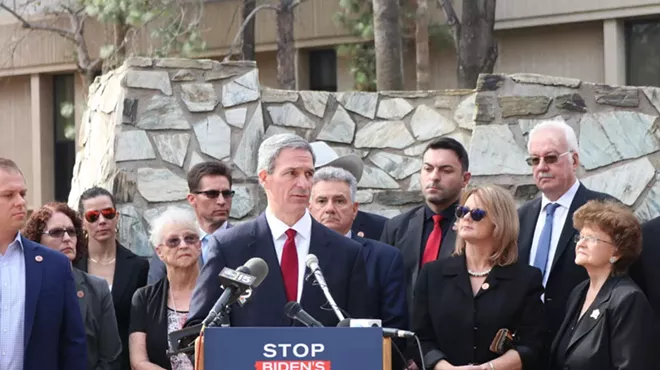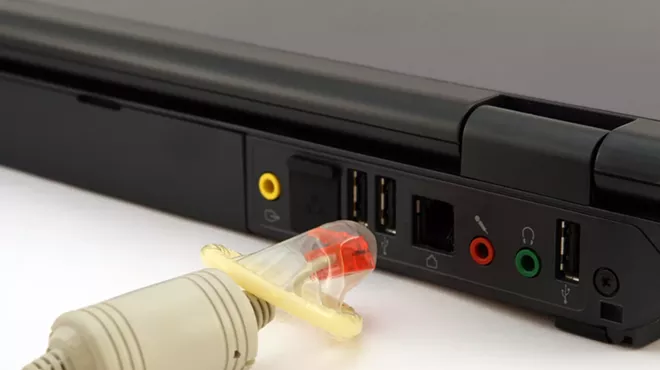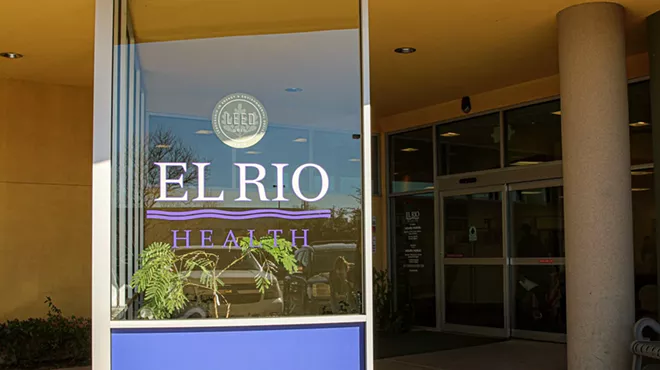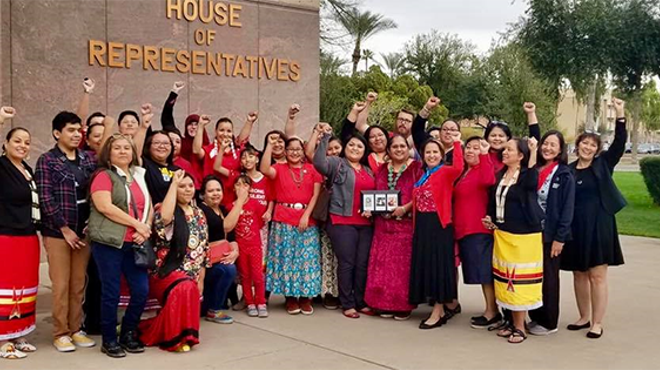Wednesday, March 13, 2013
It's Her Party, She'll Change Her Vote If She Wants To
The controversial election bill that would turn volunteers who return early ballots into felons almost died in committee, but at the last moment a Republican changed her vote, causing several audience members to gasp.
The vote on SB 1003 was split 4-4 in the House Judiciary Committee when the chair, Rep. Eddie Farnsworth, asked Rep. Doris Goodale, R-Kingman, to change her vote.
While Goodale did change her vote, she said Farnsworth didn’t bully her.
“I listened to Mr. Farnsworth, but the truth is it was a Secretary of State bill, it was a Republican bill so I thought rather than kill the bill we needed to move forward,” Goodale said.
She said she still is concerned about the bill. Anything that adds an obstacle to being able to vote is worrisome, she said. Being from a district with a lot of remote areas, Goodale said she understands that getting to a mailbox isn’t something that is easy for everyone.
Goodale said she received a note from Secretary of State Ken Bennett after changing her vote saying that he would work with her to help alleviate some of her concerns.
The bill has loosened up a bit since being heard in the Senate Elections Committee; now a voter can designate someone to drop off their ballot who isn’t a family member— just not someone who is a volunteer for an organization. The punishment has also gone from being a class 5 felony to a class 6.
Sami Hamed of Tucson testified against the bill, arguing that it would hurt people with disabilities.
Hamed is legally blind, doesn’t drive and votes early. Hamed said he doesn’t like to mail his ballot back because he worries it won’t get there in time. He said he can’t usually drop the ballot at the polls himself because he doesn’t have a car and transit in Tucson is “hit or miss.”
“Don’t hurt people with disabilities like me who want to vote and want to give it to a person who wants to do the right thing whether it’s a third party or not,” Hamed said. “Don’t criminalize them and don’t suppress me as a voter.”
Farnsworth said he appreciated Hamed’s testimony and then used it in his argument against the bill.
“He came from Tucson up to Phoenix but he can’t get on the bus to put a ballot in the mail?” Farnsworth said.
House Democrats argue that the bill is part of an extremist agenda that will suppress the Latino vote since volunteer groups have been a large factor in the increased participation of Latino voters.
Farnsworth said this is a red herring that comes up so often he doesn’t believe anybody pays attention to it anymore.
The bill is trying to solve two issues, according to Jim Drake, assistant secretary of state. The first is to reduce ballot tally time.
Arizona’s slow ballot count drew national attention in the 2012 election. After election day, around 54,000 of Pima County’s remaining ballots were early ballots that were dropped at the polls or arrived in the mail too late for processing.
“Everybody seems to want the results now,” said Karen Osborne, director of Maricopa County Elections, “and in order to do that now we have to have faster turn in of the envelopes.”
The second goal is to prevent potential fraud.
Osborne said two of her staff reported that people came to their doors masquerading as elections officials and trying to pick up ballots.
Martin Quezada, D-Phoenix, suggested prosecuting the imposters under the existing statute, which prohibits impersonating elections officials.
Osborne said that this bill would add a deterrent and that the current law hasn’t been meaningful enough to stop the situation.
“I did not hear that the impersonation and fraud that were alluded to in one testimony is so pervasive that we need to do something so drastic that is proposed in the criminalization part of the bill,” said Rep. Albert Hale, D-St. Michaels. “It should be our job to enhance and make it easier for people to exercise their right to vote and I think this is not the way to do it."









